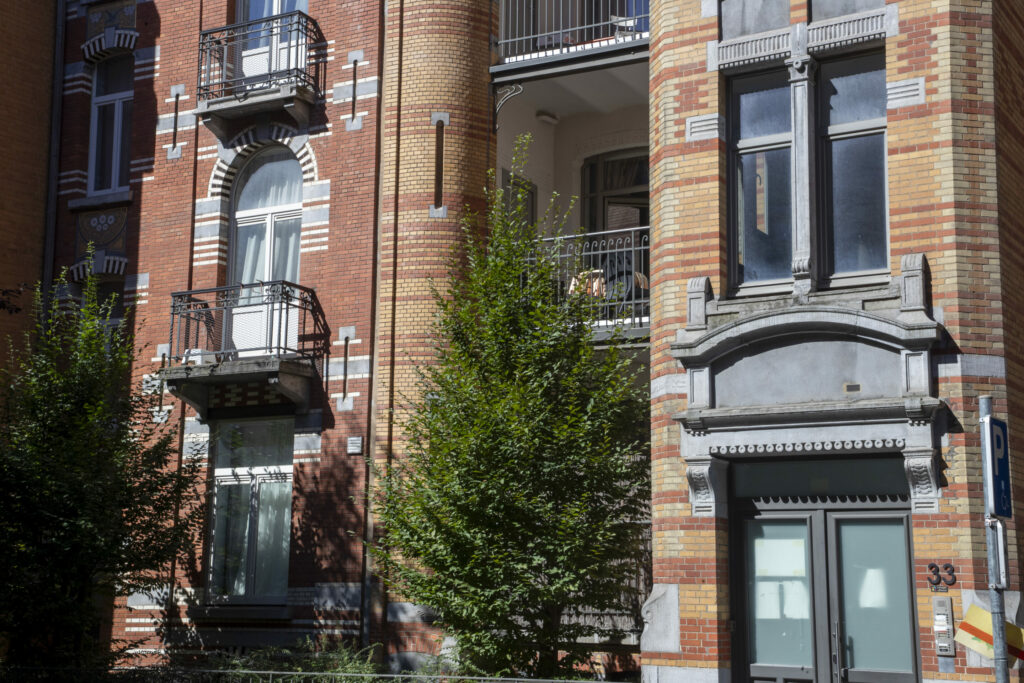The number of people in Belgium who have financial issues to the extent that their quality of life is reduced has risen. People living in Brussels particularly struggle to afford a wide range of expenses.
Over one in ten people in Belgium (11.2%) cannot afford the usual standard of living, figures from the Belgian statistics office Statbel showed. This is referred to as material and social deprivation (MSD).
"In other words, about one in ten does not have sufficient resources for at least five out of 13 essential aspects of daily life (ranging from heating and unexpected expenses to access to leisure activities," said Statbel spokesperson, Wendy Schelfaut. "This greatly reduces quality of life."
This figure has risen for two years in a row. It was 9.5% in 2022, rising to 10.4% in 2023 before increasing further by 0.8 percentage points.
Struggling to cope with an unexpected expense (of around €1,400) and being able to afford to take one week's holiday away from home per year are the two most common financial difficulties faced by households. Around one in five respondents said they could not afford this.
Around 6% of the population, or almost 710,000 people, are living in severe material and social deprivation (SMSD). "Almost one person in 16 does not have sufficient resources for at least seven of the 13 essential aspects of daily life, aggravating their precarious situation."
Brussels has highest deprivation rates
The national figure conceals regional differences. Brussels has the highest deprivation rates for most components while the Flemish Region systematically has the lowest. Wallonia often falls between these two extremes.
For instance, the percentage of people unable to incur an unexpected expense is 38.2% in Brussels compared to 13.2% in Flanders and 31.1% in Wallonia. The share of people struggling with this expense has dropped from 38% in Wallonia since 2019 and from almost 16% in Flanders. In Brussels, the figure remained stable.
8.4% are unable to pay bills on time in Brussels, compared with 2.7% in Flanders and 8% in Wallonia. Both in Brussels and Wallonia, 30% cannot afford a week's holiday outside their own home. In Brussels, almost 20% cannot afford a car, compared with 4% of Flemish people and 6% in Wallonia.
The Walloon province of Hainaut also scores high for several indicators. Here, 40.7% cannot afford an unexpected expense. Serious financial struggles also affect a much larger share of the population in Brussels (13.6%), significantly higher than in other provinces.
This makes Brussels a paradoxical city: while the region is home to the most expensive property and people working here have the highest gross wages, a large share of its population faces poverty.
Another data set from Statbel found that more than 2.1 million people in Belgium (18.2% of the country's population) are at risk of poverty or social exclusion.

